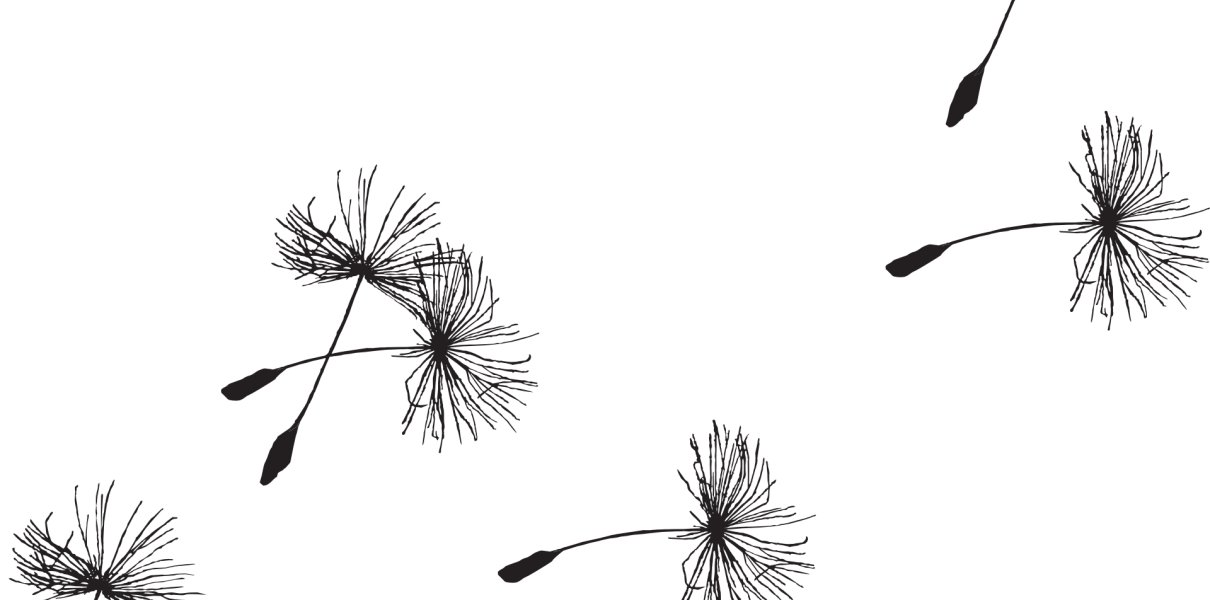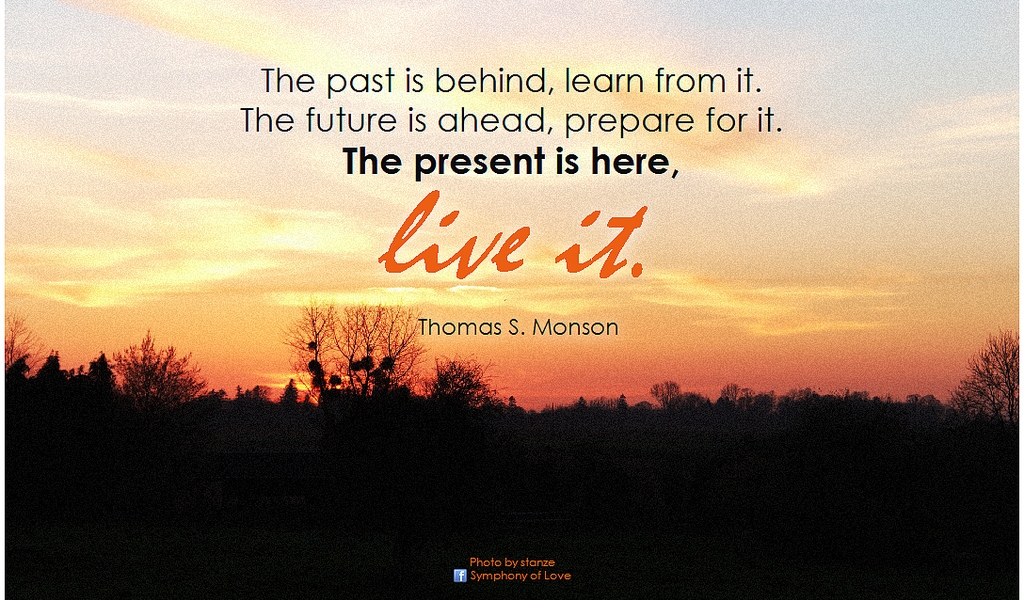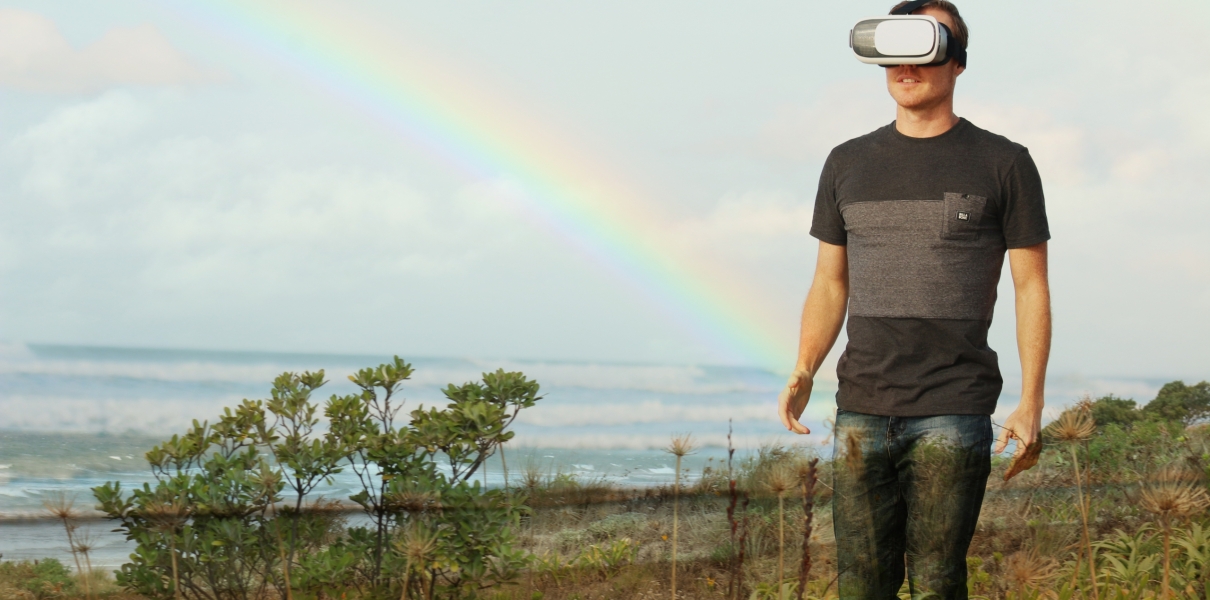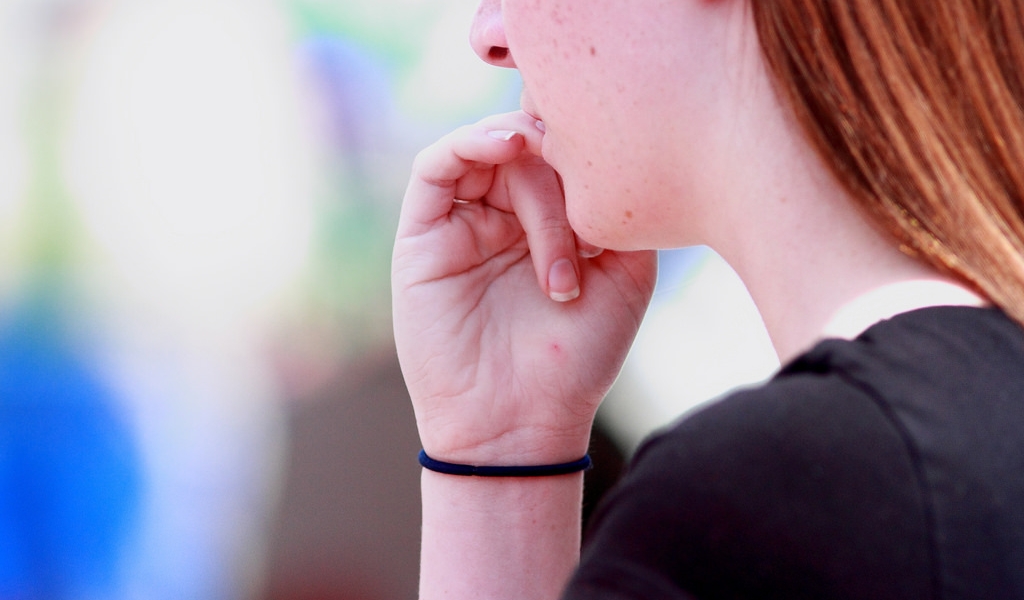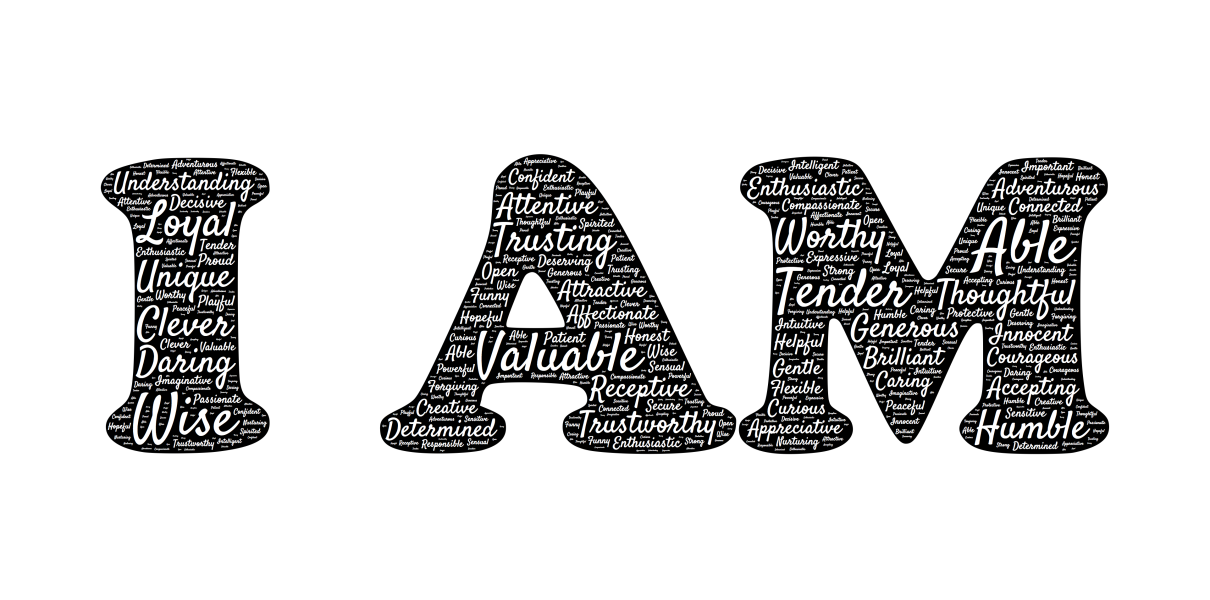Whenever we view something as permanent, reliable and unchangeable, we eventually find that time or the alteration of the parameters of our perspective reveal an underlying impermanence. For example, many people say that the only things one can count on are death and taxes. However, those who believe in reincarnation refute the finality of death and many escape from the inevitability of taxes through loopholes. Even gravity, which we take as a given on planet Earth, is not universal in outer space. The very cells of our bodies regenerate on a regular basis.
In the physical world, we think of rocks and mountains as immutable. Yet, vast changes happen over time. A beach you went to as a child may have since disappeared, and over millions of years the erosion by the Colorado River created the Grand Canyon.
It is unfortunate that whatever we are inclined to see as constant in the natural world eventually inspires us to exploit it. Conceivably, concern for the precarious nature of our lives motivates us to conquer our environment so that we may experience the thrill of control and triumph. What is it that makes the pervasive impermanence in our lives so frightening? Maybe it is because it is so non-negotiable and therefore seems to undermine our self-importance.
Emotionally, many of us yearn for permanence by seeking to alter the terms and conditions of our lives. We dream of utopias where only good and happy things come our way. We want financial security and happy families, good health, and access to the fountain of youth. When we find a deep and abiding friendship or love, we want it to retain its intensity and deliciousness. Often, we resort to manipulating our loved ones and ourselves to perpetuate the exhilaration. Yet the tighter our grip, the faster its fleet.
What becomes permanent is often only that which has solidified in our minds — our prejudices, habits, beliefs and inclinations. But, like rock, these too can be altered if we use wisdom. However, as long as our myopic vision persists, we tend to live in a fixed, uncompromising relationship with the world around us. Those who disagree with us are likely to be perceived as wrong, their viewpoints discredited as inferior and therefore not meriting consideration. Such a dynamic all too often rules our politics and our most intimate relationships. When we live this way it is as though we dance a rigid box step rather than fluidly and expansively expressing our being.
Thomas Jefferson thought that truth and beauty were immutable. Ironically, this cannot be objectively proven since the non-material is experienced subjectively through our inner awareness and experience. One’s beliefs and point of view may seem validated by similar observations or experiences of others, but such proof is a personal, not a collective matter. So, perhaps it is not truth and beauty themselves that are permanent, but rather our quest for them and our desire to transfix them.
There is, of course, another way of relating to the impermanence of our lives. Although we live in an outer world that is defined by time and space, the air we breathe and the sights we see, we also live in an inner world of reactions to our reality in the form of the mental constructs and emotional patterns we create. For example, when I get a hair permanent, it only lasts three or four months despite its name. Yet, I resent this and feel that it should last longer. Ah, there’s that red flag word “should” — a sure sign that those who use it do not accept the present circumstances of their lives. When we use “should” we disapprove, resist, and resent that we must live as mere mortals and tolerate what we do not like. Ironically, we become attached to those things we resist.
However, when we harness our discomforts differently, we may use them as steppingstones to attain a more mature state of consciousness. Recognizing that within our interior world we have a far greater opportunity to change the quality of our lives. By merely altering our external circumstances, we learn to focus on our reactions rather than on what we are reacting to. Instead of ranting, raving and resisting that which is unpleasant or outside our control, we can surrender into and embrace the experience. This has two primary benefits. First, it allows us to disconnect our sense of well-being from our ability to manipulate and control the outside world. Second, it teaches us how to create a sense of inner well-being by tuning into the fact that each characteristic of the world we live in also teaches us how to live in relationship with it. For example, the duality of permanence and impermanence offers us a lesson in patience, surrender, cooperation and acceptance.
Consider, for example, that our society teaches that marriage should last forever. Yet, over half end in divorce and so the parameters of “forever” have changed. At the turn of the 20th century, due to a shorter life expectancy, “forever” might have lasted only 20 to 30 years. Today, “forever” for a first marriage entered in the 20s, might mean as long as 60 or 70 years. Given our changing gender roles and our tendency to resist different points of view, the expectation of permanence of relationships might not be a realistic goal for most couples, despite their religious beliefs. Some find it wiser to accept the precarious nature of relationships and seek longevity not through rigid roles and rules, but by learning to shoot the rapids of life together. By balancing their strengths and weaknesses, cultivating curiosity, accepting each other’s differences, and learning to compromise and cooperate, they are able to build inner flexibility and strength as individuals and the bond of their love grows stronger as it matures. In so doing, whether their marriage lasts a short time or a lifetime, the quality of their experience is greatly enriched and valued more dearly than the duration of the relationship.
Since impermanence is the only permanent feature of our lives on planet Earth, we ought to work with it rather than against it. Embracing change might be the greatest stress reducer we’ll ever find.
Also, if you know anyone who might get value from this article please email or retweet it or share it on Facebook.

